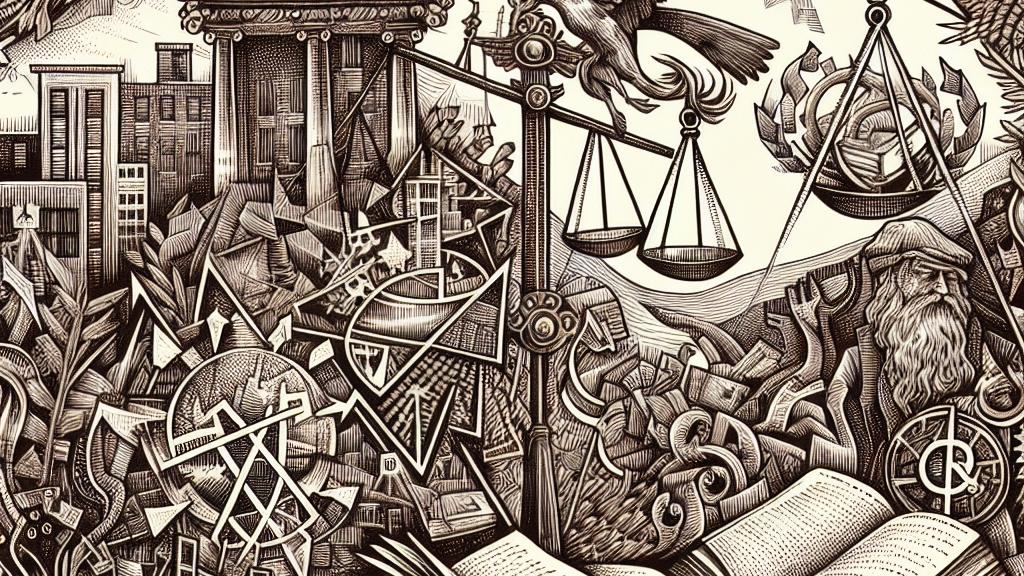The Rise and Fall of Western Marxism: From Theory to Liberalism
Overview
- Chronicles the development of Western Marxism from its emergence during the Cold War.
- Analyzes the profound influence of John Rawls' theory on former Marxist intellectuals transitioning to liberalism.
- Examines the relevance of key Marxist concepts in contemporary political discourse and social justice advocacy.

The Context of Western Marxism
Western Marxism became a significant intellectual movement during the late 20th century, particularly in the context of the Cold War. As the ideological battle between capitalism and communism intensified, Marxist theorists sought to adapt classical Marxist concepts to address contemporary issues in society. Prominent figures like Gerald Cohen and Jürgen Habermas played crucial roles in this intellectual revival by exploring Marxist ideas in light of new sociopolitical developments and the failures experienced in Soviet-style communism. The era was characterized by a reevaluation of Marxism as theorists critically examined Marx's texts, leading to various analytical approaches, including analytical Marxism, which aimed to shed light on the relevance and application of Marx’s ideas in modern democratic contexts.
The Transition to Liberalism
The ideological landscape began to shift significantly as key Marxist intellectuals engaged with John Rawls’ work, particularly 'A Theory of Justice,' which advocated for a model of justice rooted in fairness and equality rather than a complete overhaul of the capitalist system. This pivot away from traditional Marxist revolutionary discourse towards liberal egalitarianism provided a new avenue for addressing economic inequalities and social justice. Many former Marxists, disillusioned with the stagnant revolutionary ideals, found resonance in Rawls’ principles that offered a normative foundation for a more equitable society. Figures such as Philip van Parijs and Allen Buchanan began to integrate elements of Rawlsian theory into their analysis, thereby transforming their perspectives and aligning them more closely with liberal thought as a means to effect meaningful social change.
Enduring Legacy of Marxist Thought
While the political influence of Marxism has waned, its foundational concepts remain highly relevant in current discussions about justice, inequality, and economic structures. Ideas related to the exploitation of labor, capital's moral obligations, and alienation continue to inform discussions in political philosophy, particularly in contexts that examine labor relations and corporate responsibility. The blending of Marxist critical theory with liberal frameworks promotes a more nuanced understanding of contemporary issues like income inequality, welfare policies, and workers’ rights. This synthesis not only honors the analytical rigor of Marxist critique but also recognizes its potential contributions to a comprehensive discourse on equitable socio-economic systems. As new societal challenges emerge, the dialogue between Marxism and liberalism becomes indispensable in navigating the complexities of justice and equality in the 21st century.

Loading...